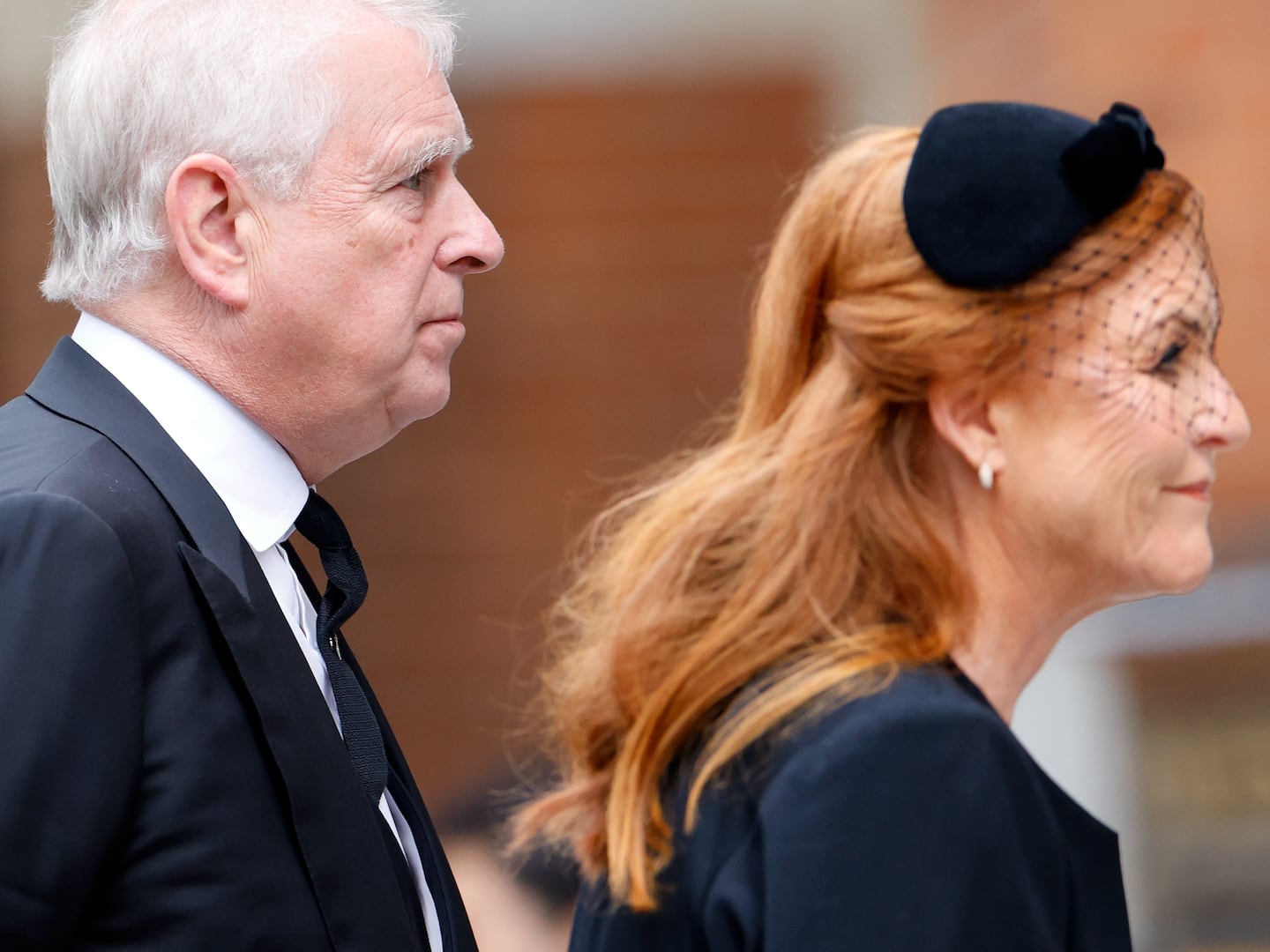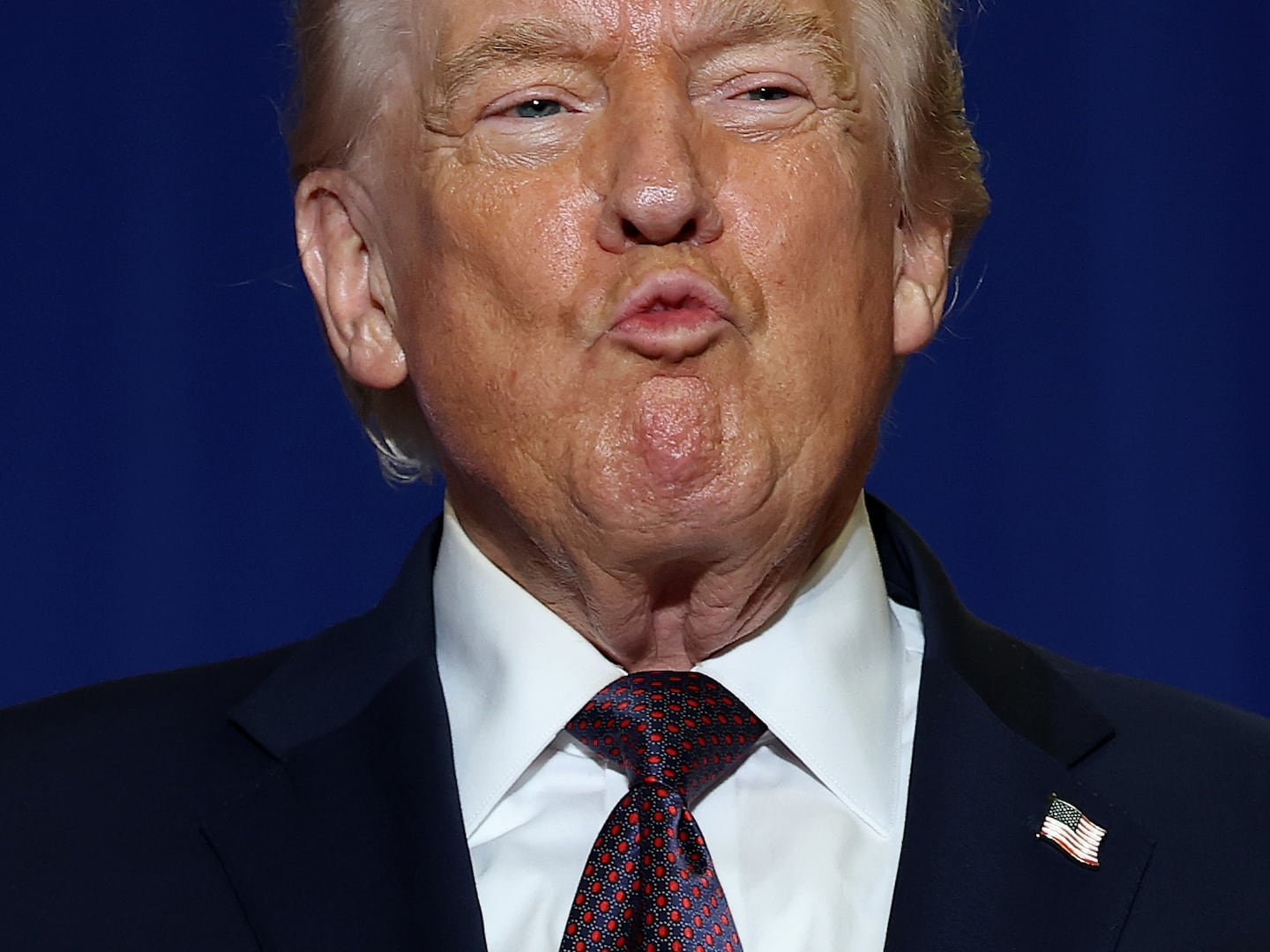Officially, according to Scotland Yard, it’s still a free country. The British public “absolutely” have a right to protest.
But if you do decide that you’re not happy being a loyal subject of King Charles III, or that you disagree with his ascension to the throne under an outdated system of hereditary monarchy, you might best keep your mouth shut. The message that people are allowed to protest—even as the nation mourns the death of a 96-year-old monarch—doesn’t seem to have gotten through to rank-and-file officers.
About a dozen people are known to have been arrested, or forcefully moved on, after disrupting either Queen Elizabeth II’s memorial procession or events marking the proclamation of Charles III. There were at least five arrests in the Scottish capital of Edinburgh, where a week of memorial events kicked off after the queen’s coffin arrived in a hearse from Balmoral Castle, where she died last week.
They include a 22-year-old woman arrested on Sunday for carrying a cardboard placard reading: “Fuck imperialism. Abolish monarchy,” and a 22-year-old man bundled out of the crowd after shouting, “Andrew, you’re a sick old man,” as the funeral cortege—with Prince Andrew in a prominent position—made its way down the Royal Mile. Both faces charges for “breaching the peace.”
In Oxford, 45-year-old Symon Hill was on his way home from church on Sunday morning when he saw a group of local dignitaries, many in ceremonial clothing “more suited to the 16th century,” gathered outside the city’s Carfax Tower.
They were there for a local ceremony to proclaim Charles III’s ascension to the throne—at which point Hill, who had not planned any protest, shouted out: “Who elected him?” He was arrested, threatened with charges, then de-arrested and driven home in a police van.
But the most surreal “protest” came on London’s Parliament Square on Monday where Paul Powlesland, a 36-year-old climate activist and lawyer, simply held up a blank piece of paper. That was provocation enough for an officer to confront him and demand an explanation.
The activist replied that he was thinking of writing “Not My King” on the paper, prompting a Pythonesque exchange in which the policeman threatened to arrest him for a hypothetical message which could (again, hypothetically) cause offense and then repeatedly, and unlawfully, demanded his personal details.
Powlesland was, of course, quite literally borrowing a page from anti-war protesters in Russia, who brandished blank sheets of paper after being warned not to refer to Vladimir Putin’s “special military operation” in Ukraine as a war. They were bundled away by Putin’s thugs regardless; Powlesland, a trial lawyer, decided not to write anything on his paper after all because he had to work next day and couldn’t afford to spend a night in the cells.
Talking to reporters after the encounter, Powlesland said: “I’m not actually a republican, or I wasn’t before this week. Like most British people, I was vaguely ambivalent to the monarchy. But this week, and what’s been happening, has made me republican.
“One of the many things that makes me proud to be British is our freedom of speech. It’s one of our most precious and sacred rights and it’s far more precious to me than the royal family is.”
After Powlesland’s tweet about his encounter went viral—his video has been viewed more than 1.2 million times—Scotland Yard felt compelled to issue a statement: “The public absolutely do have a right to protest and we have been making this clear to all officers involved in the extraordinary policing operation currently in place.”
In their defense, it could be argued that the police are as much caught up in the national hysteria as the rest of the country after the death of a monarch who had reigned for 70 years. The ceremonial side of the royal handover and the queen’s funeral—known as Operation London Bridge—had been long-planned and in minute detail. But many other institutions have been clearly at a loss on what to do.
Football matches, for example, were immediately suspended, but cricket was allowed to continue. Pubs and restaurants are as packed as ever, but any remotely “official” event has been canceled. One supermarket chain even silenced the beep on its self-service checkouts as a “mark of respect”—but forgot to tell their customers, who were left swiping their shopping repeatedly.
But activists fear the crackdown on royal protesters is part of a more insidious pattern in British policing. Hill, the Oxford “protester,” said he was arrested under the Police, Crime, Sentencing & Courts Act, a controversial law enacted by Boris Johnson’s Conservative government that civil-liberties groups say imposes impossible restrictions on political protests.
“What other freedoms can be suppressed in the name of monarchy?” Hill asked in a blog post about his ordeal. “If fear of arrest deters people from expressing their views, then these vile laws and draconian atmosphere will have significantly reduced free expression and harmed democracy, whether or not people are charged.”






